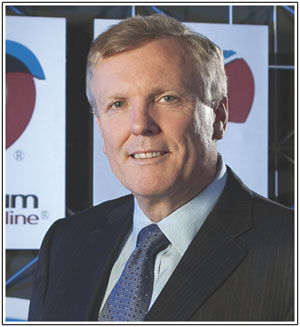Cablevision is upset paying for networks it doesn’t want, need, or desire to carry. But broadcasters are demanding that the cable company pick up lesser-known, unwanted cable networks in return for the stations Cablevision craves. Sound familiar? It’s a variation on consumer cable a-la-carte: picking and paying only for the channels and networks you want. It’s a concept Cablevision wants for themselves, but continues to deny to their customers.
Last week the cable company filed comments with the Federal Communications Commission proposing a ban on “channel bundling” by broadcasters as part of an effort to reform retransmission consent laws. Cablevision argues they are forced to carry unwanted networks as a result of current agreements. No agreement, no local stations on the cable dial.
Cablevision chiefly cites major broadcast network owners for pushing these bundled agreements. The company’s suburban New York City cable system has to reach accommodations with local New York stations that are all owned and operated by the major American networks. That’s why an agreement to renew WNBC-TV might include the required carriage of a hardly-known network like Sleuth, owned by the same company that owns WNBC: NBCUniversal. In return for an extension of WABC-TV’s retransmission consent agreement, Cablevision might be asked to carry all of Disney’s lesser-known cable networks. Disney owns ABC and WABC.
Ironically, the same cable company that refuses to allow a-la-carte themselves is selling their proposal as a boon to consumers:
Cablevision chief operating officer Tom Rutledge says the proposal will “protect consumers from the threat of broadcaster blackouts.” He adds, “consumers are the ones who are harmed when broadcasters pull or threaten to pull their networks from cable systems.”
Cablevision also wants broadcasters to publicly disclose the true asking price for their channels. Cablevision itself will not disclose its wholesale programming costs for cable networks.
“Broadcasters should not be able to keep the prices they charge hidden or to discriminate between distributors in a given market,” Rutledge said. “Our simple reforms would end these practices.”
They would for broadcasters, but not for the cable company or consumers.


 Subscribe
Subscribe
